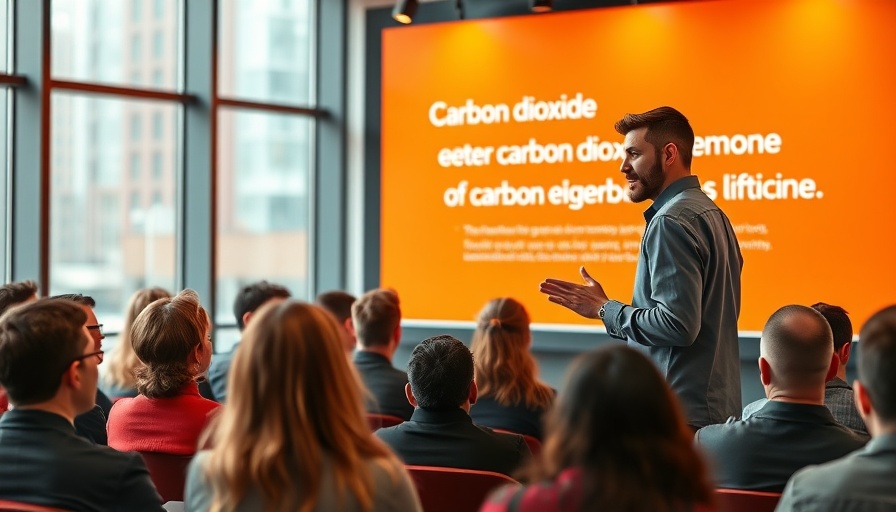
Urgent Call for Diverse Representation in Climate Research
Recent research reveals a significant imbalance in global climate studies, overwhelmingly favoring larger, established cities in the Global North. Fast-growing urban centers in the Global South, which face the brunt of climate change despite contributing minimal greenhouse emissions, are alarmingly underrepresented. This gap threatens to undermine global efforts to address climate issues effectively.
Understanding the Disparity
The analysis, published in Nature Cities, reviewed over 50,000 studies covering the period from 1990 to 2022. While the literature on climate and urban environments has grown exponentially over the last decade, with 84% of related studies appearing post-2012, the focus remains skewed towards cities like London and New York. In sharp contrast, burgeoning cities such as Goma in the Democratic Republic of the Congo and Surat in India are notably absent from significant scholarly discussions.
Why It Matters
Almost half of the global population resides in urban areas, which are critical not only for understanding climate impacts but also for implementing solutions that affect a vast majority of the world’s emissions. By failing to include the unique contexts of cities in the Global South, researchers risk overlooking innovative locally-driven responses to climate challenges that could inform a comprehensive global strategy.
Climate Change Impacts on Underrepresented Areas
Many cities in the Global South are on the frontline of climate impacts, experiencing increases in extreme weather events like heatwaves and flooding. Despite this, these regions often have limited resources for climate adaptation and mitigation strategies. This makes their inclusion in research imperative; understanding their challenges can lead to better-targeted climate interventions.
Establishing a Balanced Narrative
The forthcoming special report on climate change and cities by the Intergovernmental Panel on Climate Change (IPCC) aims to address this gap, but it is crucial that this report includes more diverse perspectives. Study authors suggest that without synthesizing existing literature comprehensively, the IPCC may struggle to provide a balanced overview. Ensuring representation from diverse urban realities is essential to formulating effective climate policies and strategies.
Actionable Steps for Researchers and Policymakers
A robust approach to climate research needs to prioritize inclusivity and equity. Researchers are encouraged to proactively seek out studies in underrepresented cities. Policymakers should develop frameworks that allow better integration of these urban experiences into national and global climate dialogues. Such collaborative efforts will not only enhance scientific knowledge but also empower vulnerable communities to contribute to their climate responses.
Promoting Global Engagement in Climate Science
As the world grapples with the ongoing climate crisis, the importance of global collaboration cannot be overstated. Engaging with fast-growing cities brings fresh insights and potential solutions that can contribute to a sustainable future. Investments in research and development that focus on these areas can lead to innovative strategies for resilience and recovery.
The call to action is clear: as we approach the 2027 publication deadline for the IPCC’s next major assessment, let us not only amplify the voices from cities in the Global South but also foster partnerships that propel effective climate action globally. By doing so, we can work towards a future that integrates sustainable practices, renewable energy solutions, and a circular economy, embracing both the challenges and strengths of diverse urban landscapes.
 Add Row
Add Row  Add
Add 



Write A Comment